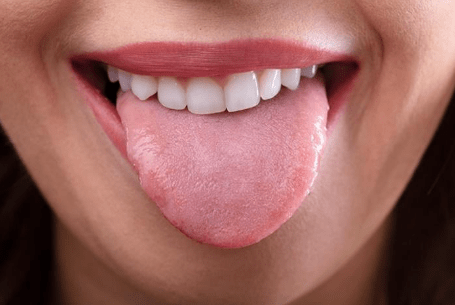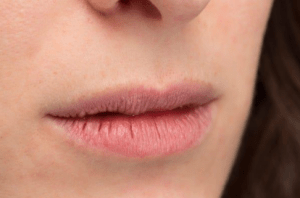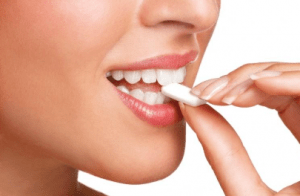
A common condition that we see amongst patients is xerostomia. Caused by the decreased production of saliva, patients can often have varied degrees of dry mouth from mild to severe. But why can dry mouth affect our dental health and what can we do to prevent it?
Dry Mouth and Dental Health
One of the main protectors to our teeth is the saliva that is produced in the mouth. Saliva helps to neutralise any acid that can work to damage teeth through plaque, foods, and drinks, it flushes food debris away, and assists to prevent fungal infections in the mouth.
Saliva has great benefits on its own, but it also is used as a vehicle to move important minerals such as fluoride, calcium and phosphate which strengthen teeth.
Symptoms of Dry Mouth
If you have dry mouth, there is a chance that you will experience these symptoms
- A sore throat
- Thick, stringy saliva

- Difficulty swallowing
- Dry, cracked lips or sores. This could also be split skin at the corners or the mouth
- An increase in thirst
- Dry, tingling or burning sensation of the tongue or mouth
- Bad breath
- Hoarseness or problems with speaking
- Dry nasal passages
- In worst cases, oral thrush.
Causes
Dry mouth can be caused by multiple factors. Below are examples of the various medical conditions, medications and environmental factors that can increase risk of dry mouth.
Medical Conditions
– Diabetes – Lupus
– Stroke – Sjogren’s syndrome
– Alzheimer’s disease
Medications
– Antidepressants – Blood pressure medication
– Antihistamines – Painkillers
– Decongestants – Diuretics
– Chemotherapy and radiotherapy (especially when radiation is aimed at the head and neck)
Other possible causes
– Smoking – Alcohol consumption
– Snoring – Breathing through your mouth
– Caffeine consumption – Depression
– Stress – Dehydration
Treatment
Visiting your dental practitioner is the best way to manage dry mouth. The advice given can be as simple as cutting down on caffeinated drinks and increasing the amount of water you drink. Regular check-ups are important to ensure that any potential damage to the teeth can be stopped or lessened before it gets worse. If required, the dentist may recommend the use of high fluoride concentrated mouthwashes, toothpastes, or gels.
To minimise any discomfort, you can follow these tips:
- Chewing sugar-free gum to increase saliva flow

- Using saliva substitutes
- Using a small spray bottle to frequently wet the mouth
- Take frequent sips of water
- Use a water-based lip balm to soothe and protect dry lips
If you do suffer from dry mouth, it can be beneficial to avoid smoking, limit your alcohol and caffeine intake, as well as sugary drinks and foods. These all can further dry the mouth and increase the risk of decay in the teeth as the saliva is not there enough to prevent it.
